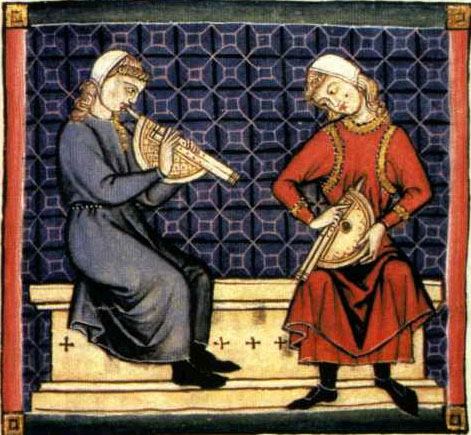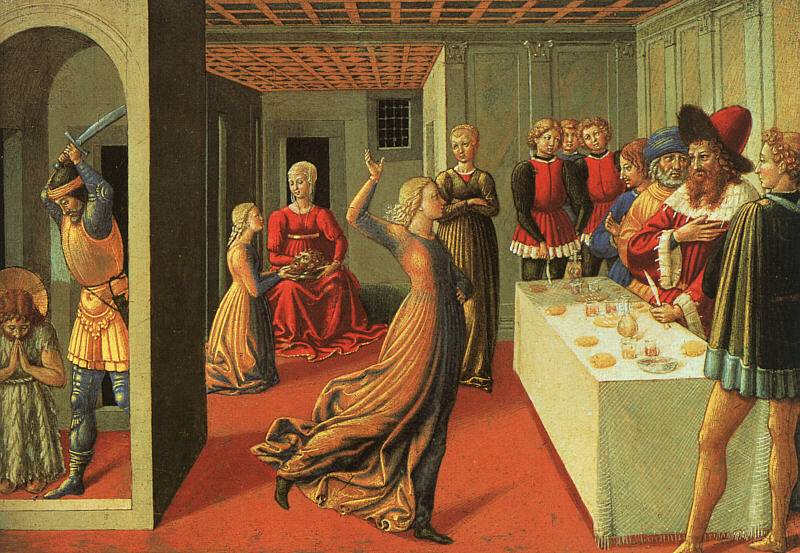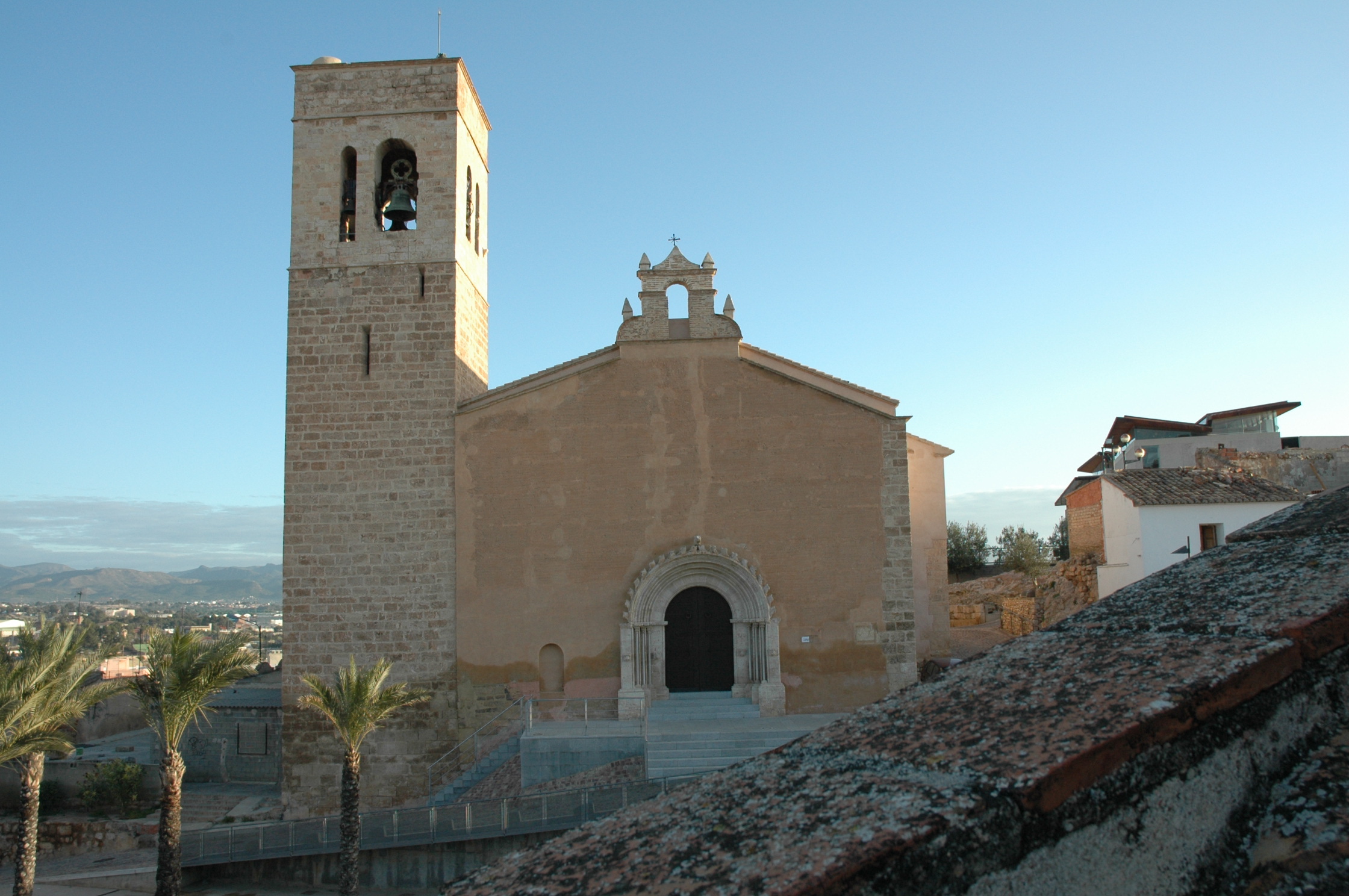
The discovery of a manuscript thought to be lost, and its adaptation to current musical instruments teach us how Medieval Music was
5 may 2016
A Medieval song can be heard again after 1000 years thanks to a research project which has taken 20 years to reconstruct the melody. 'Songs of Consolation’ was heard a couple of weeks ago at Pembroke College’s Church in Cambridge.
These sounds are based on the reconstruction of what medieval music sheets were: a series of neumes, of symbols which represented music. During the epoch, the memory of musicians played a decisive role as written copies of many works were not kept. An added difficulty when trying to adapt Medieval Works to current times is that the note’s tone remains unknown, it is unknown if neumes are high or low pitched. This particular son dates back to the 11th Century and has been recovered after 142 years being lost.
Sam Barret, from the University of Cambridge, has work on the recovery of ‘Songs of Cambridge’ for over 30 years; Songs of Cambridge correspond to the last part of a text anthology in Latin. In 1840 a German scholar was visiting Cambridge and ripped the manuscript’s final page, which was finally found in 19982; for 142 years, its location remained unknown, fact which made it impossible to study the work as a single piece before. After over 30 years of research, Doctor Barret has achieved to recite the whole work but adapted to current music instruments.
This work has been completed thanks to the intervention of other musicians specialised in the Low Medieval Ages, such as Benjamin Bagby, from the Lost Songs Project and member of Sequentia, a musical trio which brings Medieval Songs back. The Lost Songs Project has achieved to rescue Medieval and even previous ages among them Beowulf and Carmina Burana.
The Sequentia trio is completed with the presence of Hanna Marti, a necessary member in any study on these songs. They need to shuffle practical requirements of the voice and instruments and compare them to the academic research results in order to construct a complete melody.
Refer here to an extract of Carmina qui quondam (excerpt), which is a part of Songs of Consolation. A real luxury which has not been heard in the last 1000 years.









